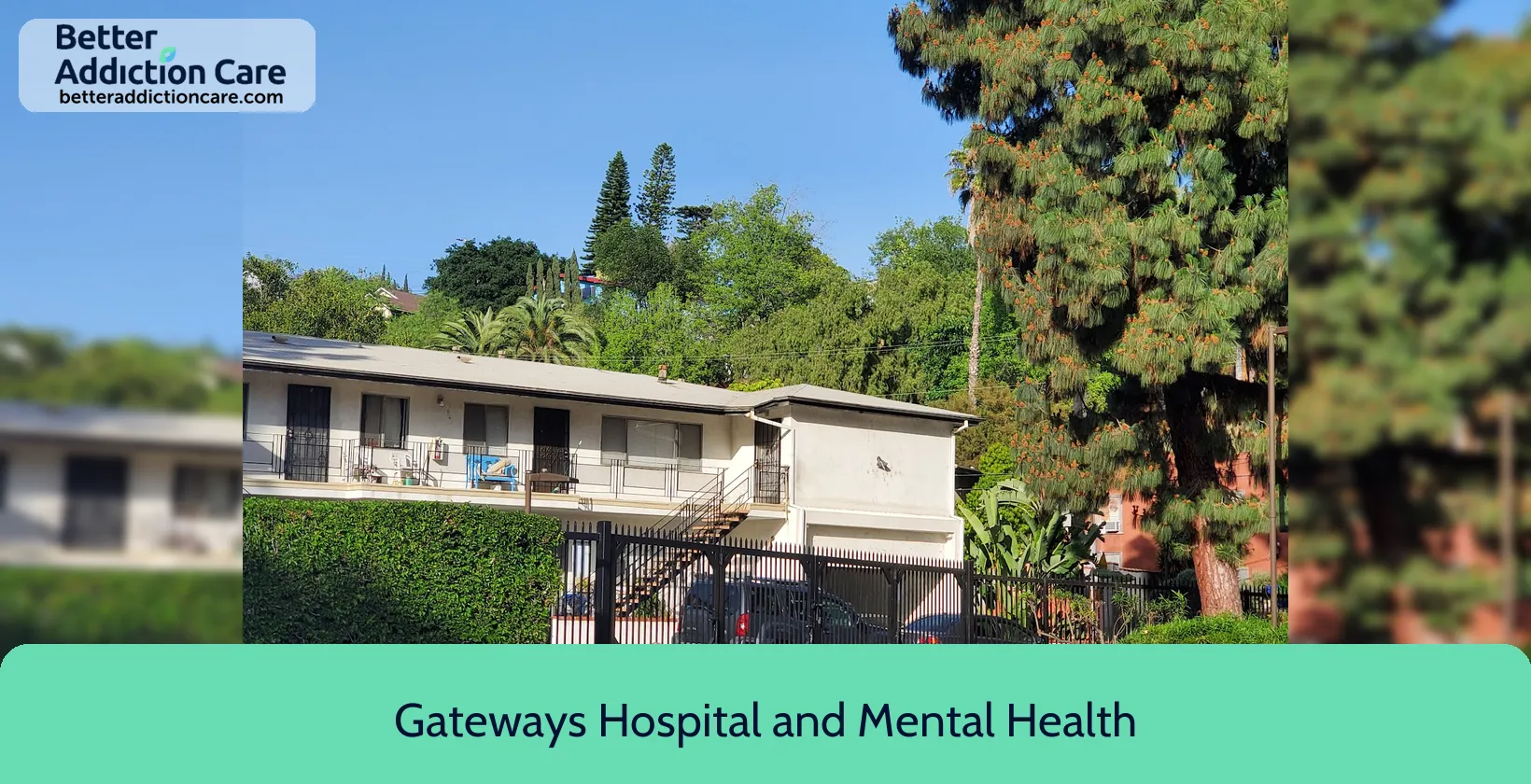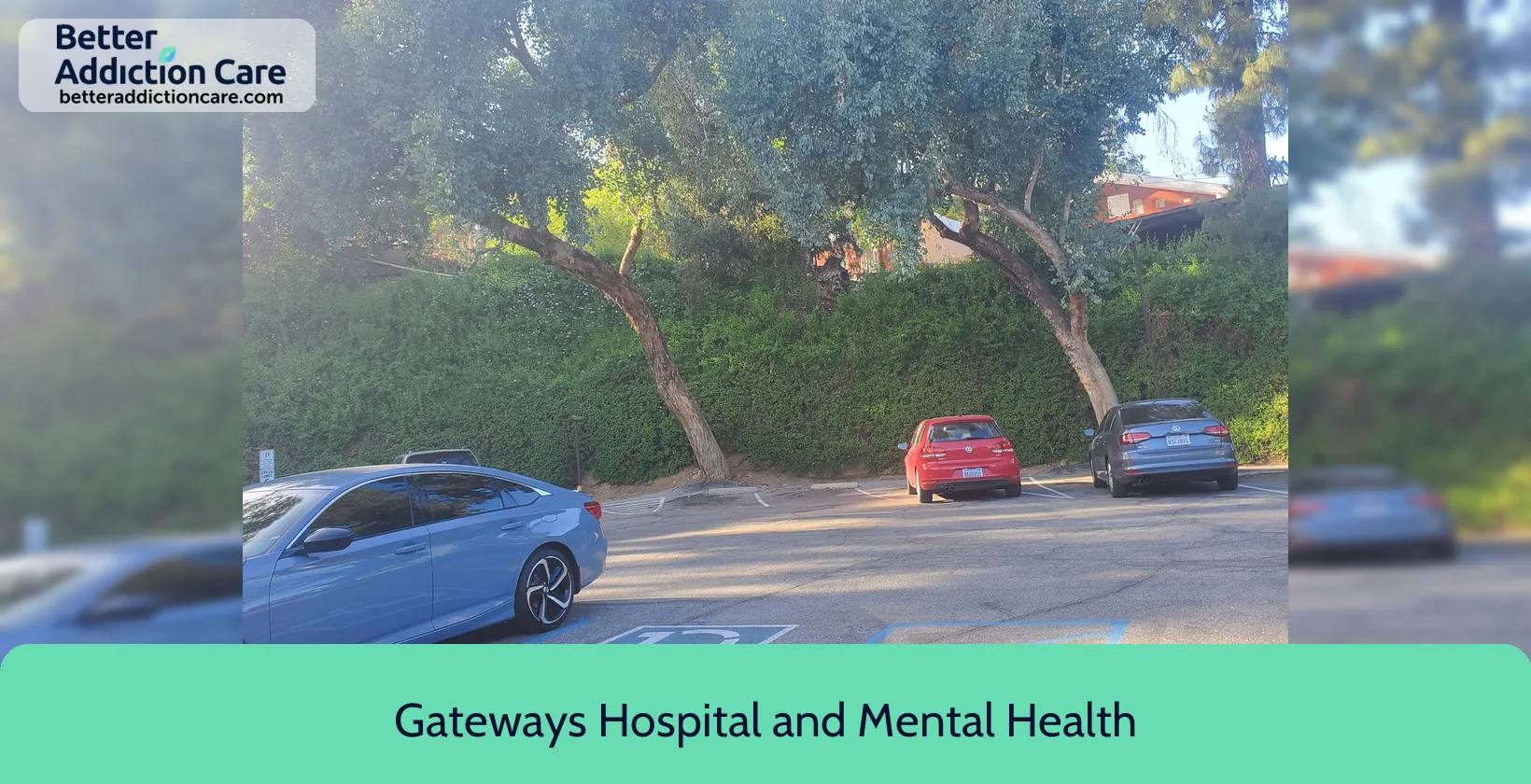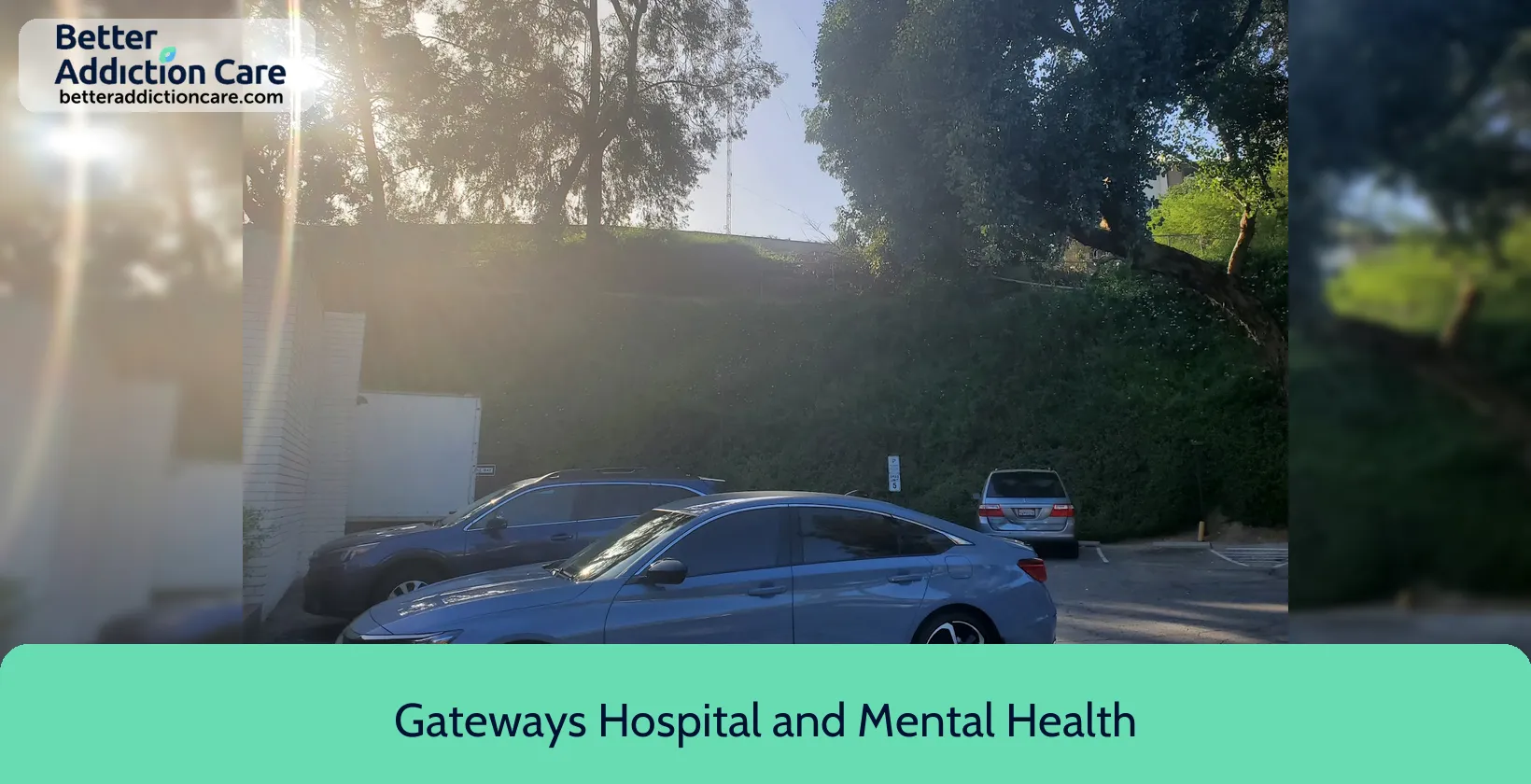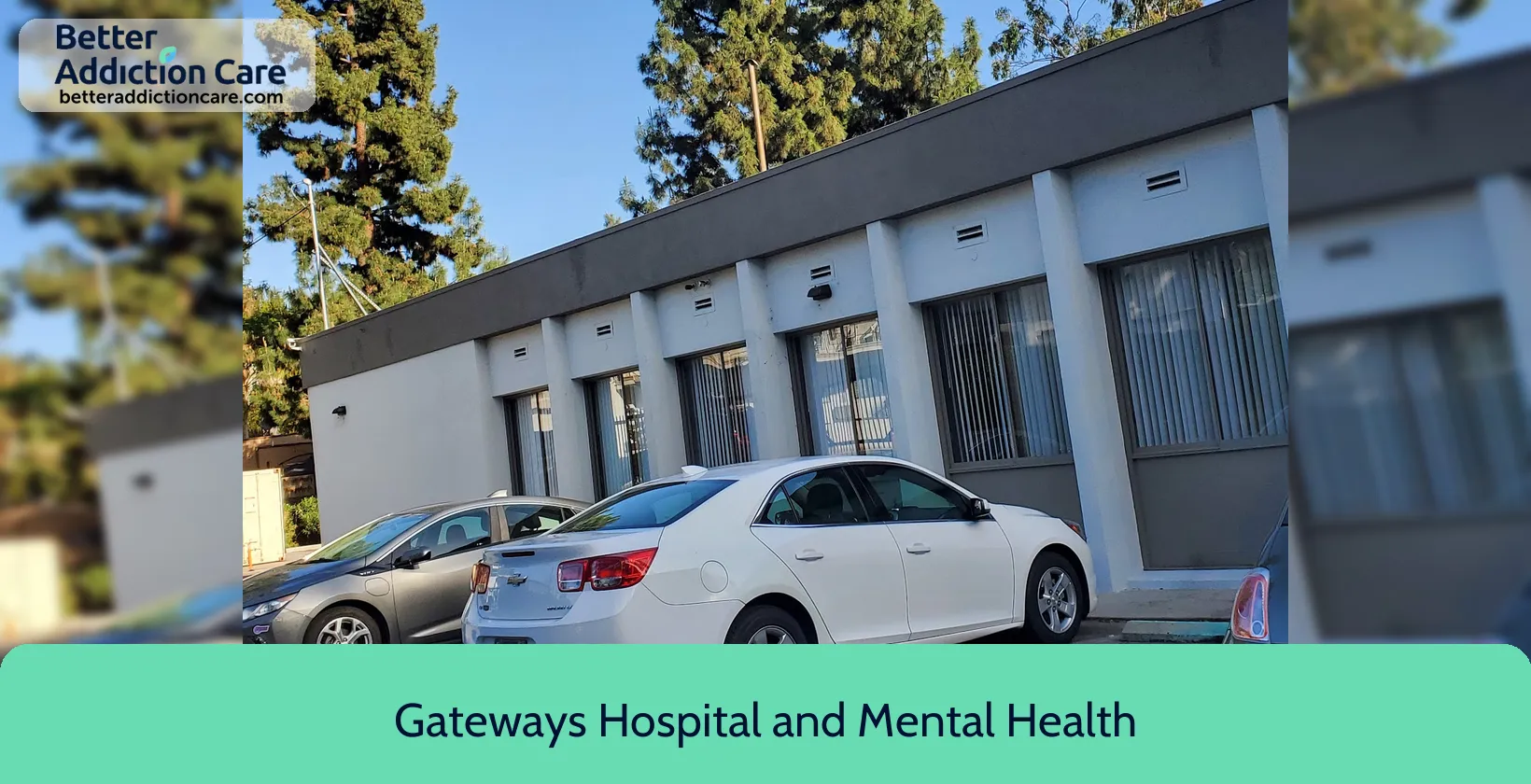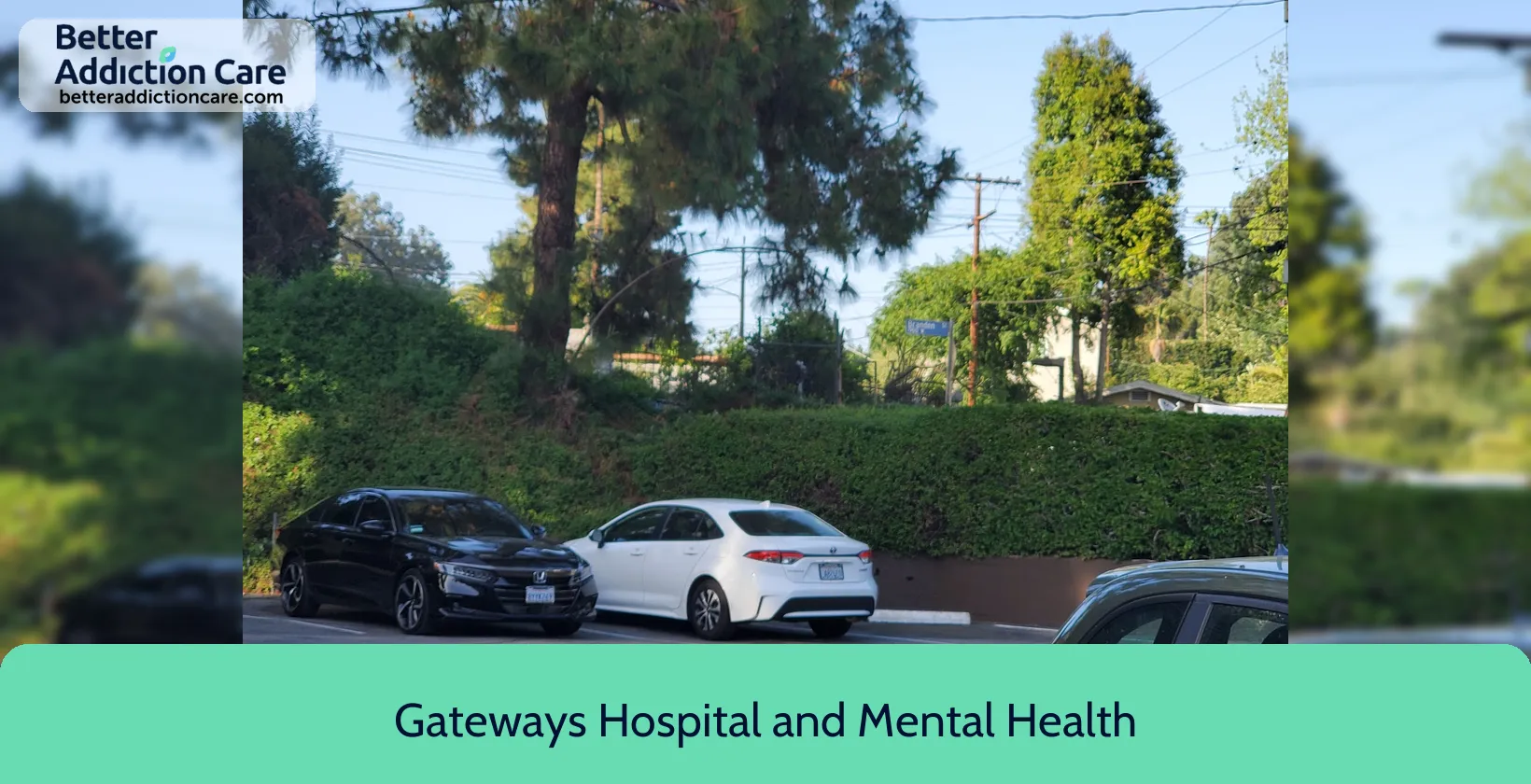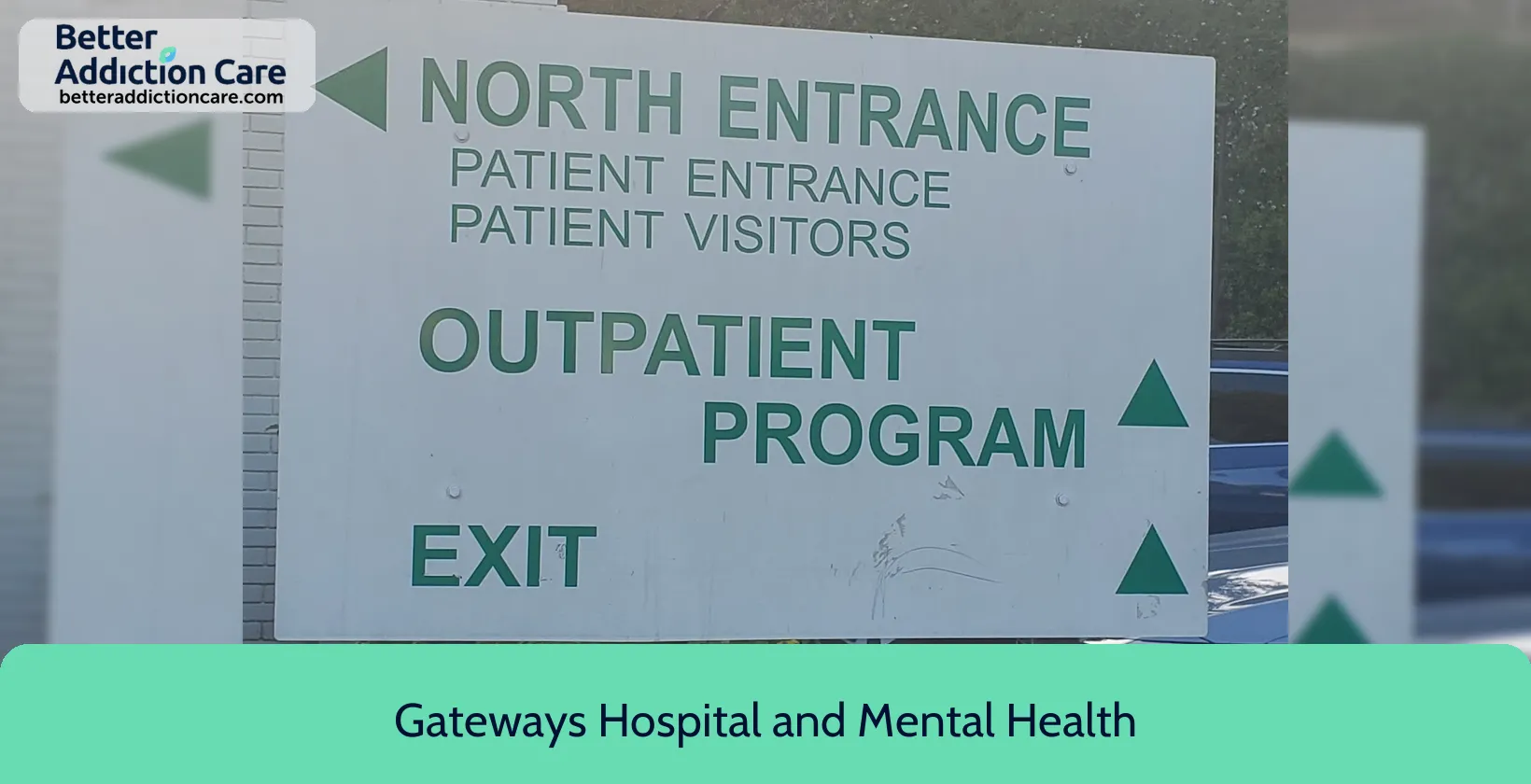Gateways Hospital and Mental Health Center - Adult Residential
Overview
Gateways Hospital and Mental Health Center - Adult Residential is a mental health treatment center for people seeking treatment near Los Angeles County. As part of their treatment modalities for recovery, Gateways Hospital and Mental Health Center - Adult Residential provides family counseling, individual psychotherapy, and cognitive behavioral therapy during treatment. Gateways Hospital and Mental Health Center - Adult Residential is located in Los Angeles, California, accepting county or local government funds for treatment.
Gateways Hospital and Mental Health Center - Adult Residential at a Glance
Payment Options
- County or local government funds
- Medicaid
- State mental health agency (or equivalent) funds
- Cash or self-payment
Assessments
- Comprehensive mental health assessment
- Comprehensive substance use assessment
Age Groups
- Adults
- Young adults
Operation
- Private for-profit organization
Highlights About Gateways Hospital and Mental Health Center - Adult Residential
6.74/10
With an overall rating of 6.74/10, this facility has following balanced range of services. Alcohol Rehabilitation: 8.00/10, Drug Rehab and Detox: 6.00/10, Insurance and Payments: 6.00/10, Treatment Options: 6.97/10.-
Alcohol Rehabilitation 8.00
-
Treatment Options 6.97
-
Drug Rehab and Detox 6.00
-
Insurance and Payments 6.00
Treatment At Gateways Hospital and Mental Health Center - Adult Residential
Treatment Conditions
- Mental health treatment
- Substance use treatment
- Co-occurring Disorders
Care Levels
- Outpatient
- Hospital inpatient treatment
Treatment Modalities
- Family counseling
- Individual psychotherapy
- Cognitive Behavioral Therapy
- Nicotine replacement
- Group counseling
Ancillary Services
Languages
- Spanish
Special Programs
- Clients who have experienced trauma
- Persons 18 and older with serious mental illness (SMI)
Get Help Now
Common Questions About Gateways Hospital and Mental Health Center - Adult Residential
Contact Information
Other Facilities in Los Angeles
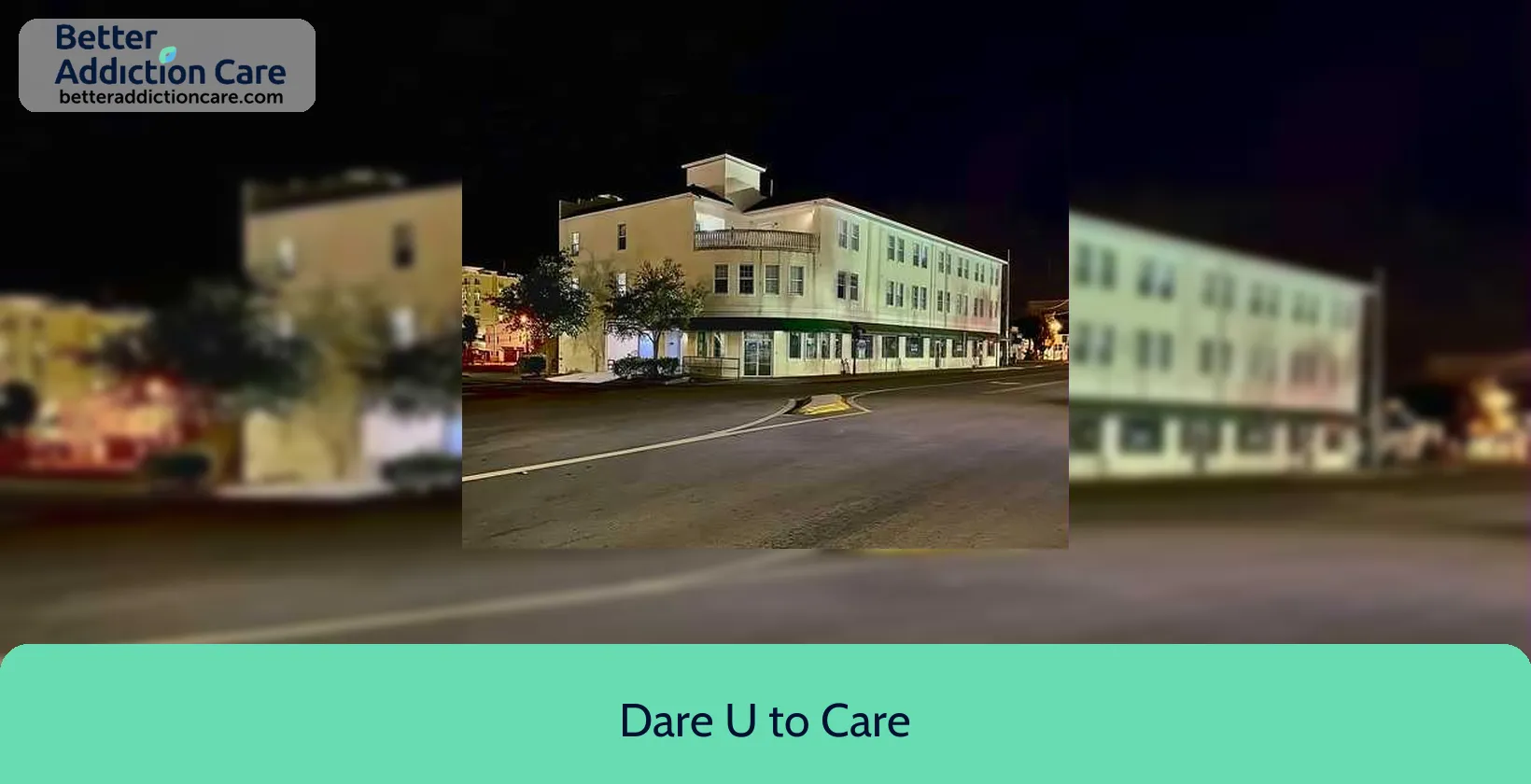
6.80
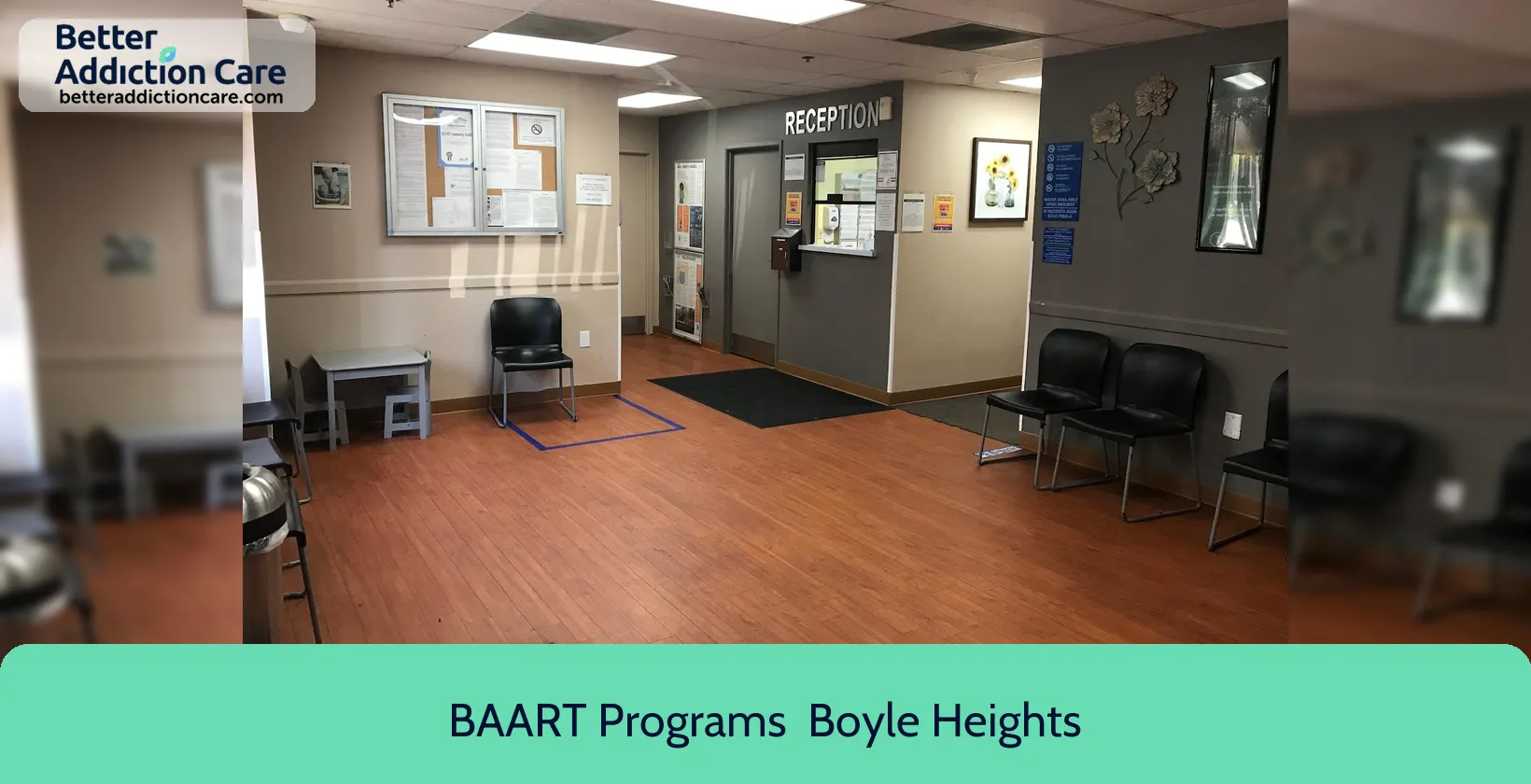
6.82
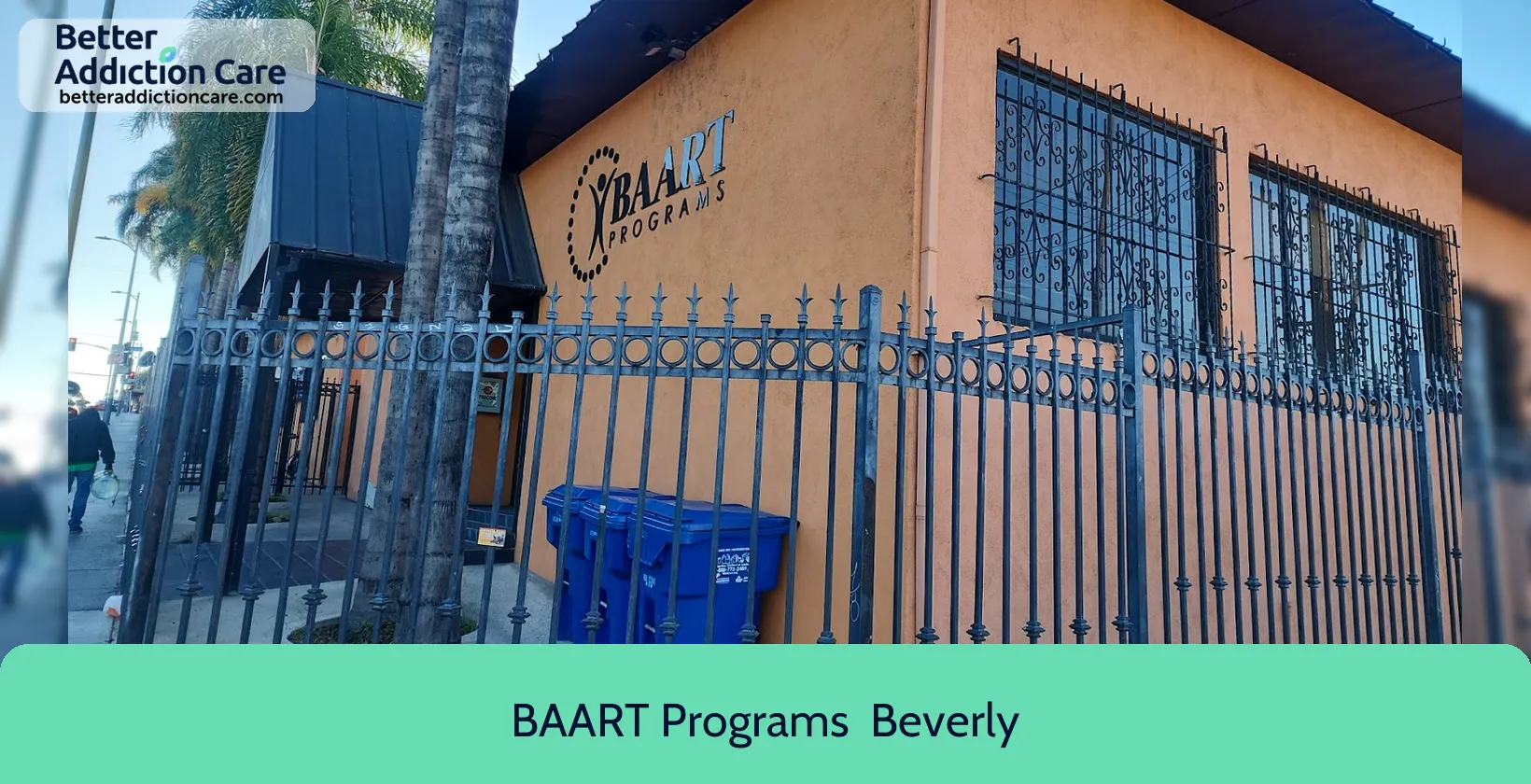
6.71
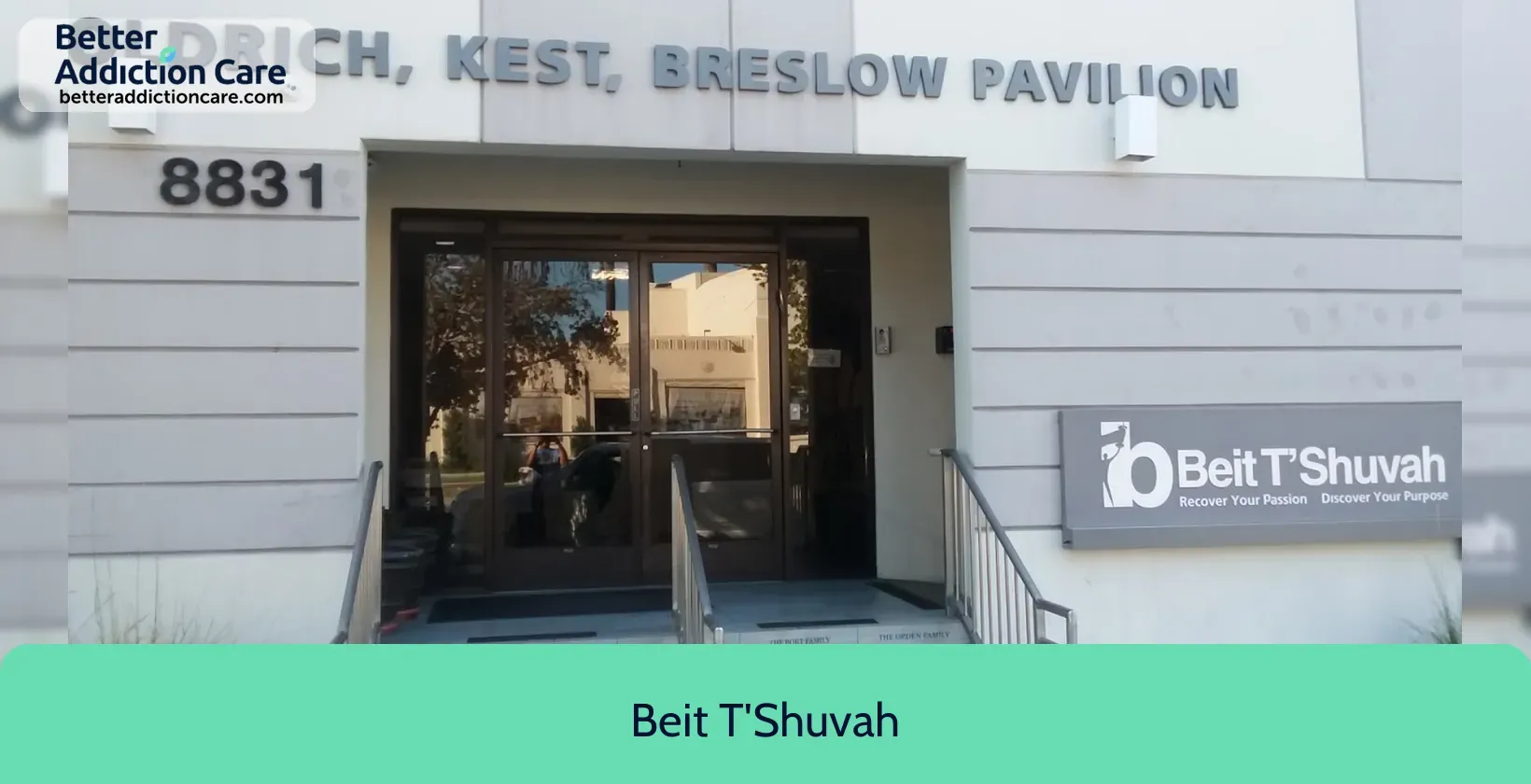
6.87
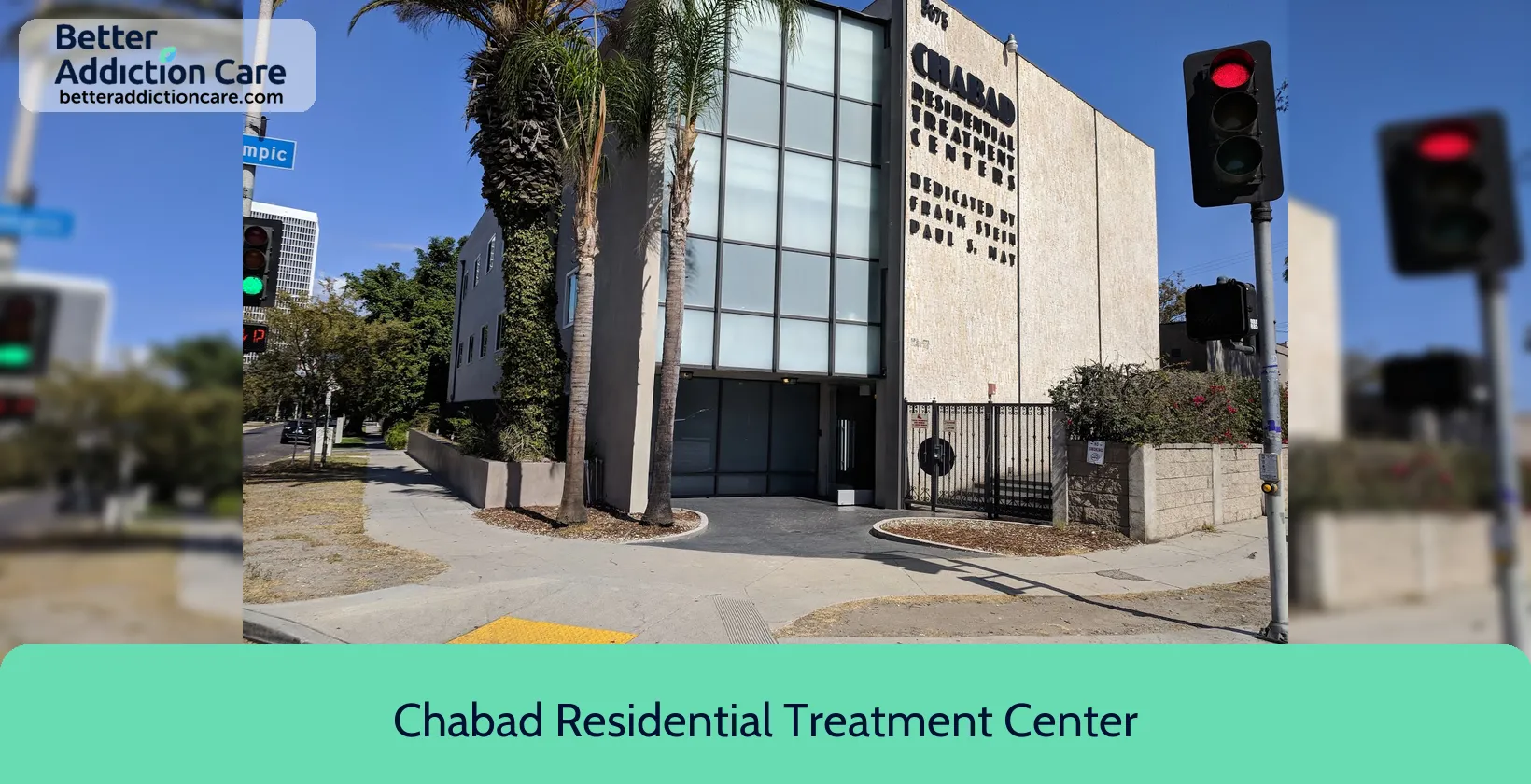
6.84
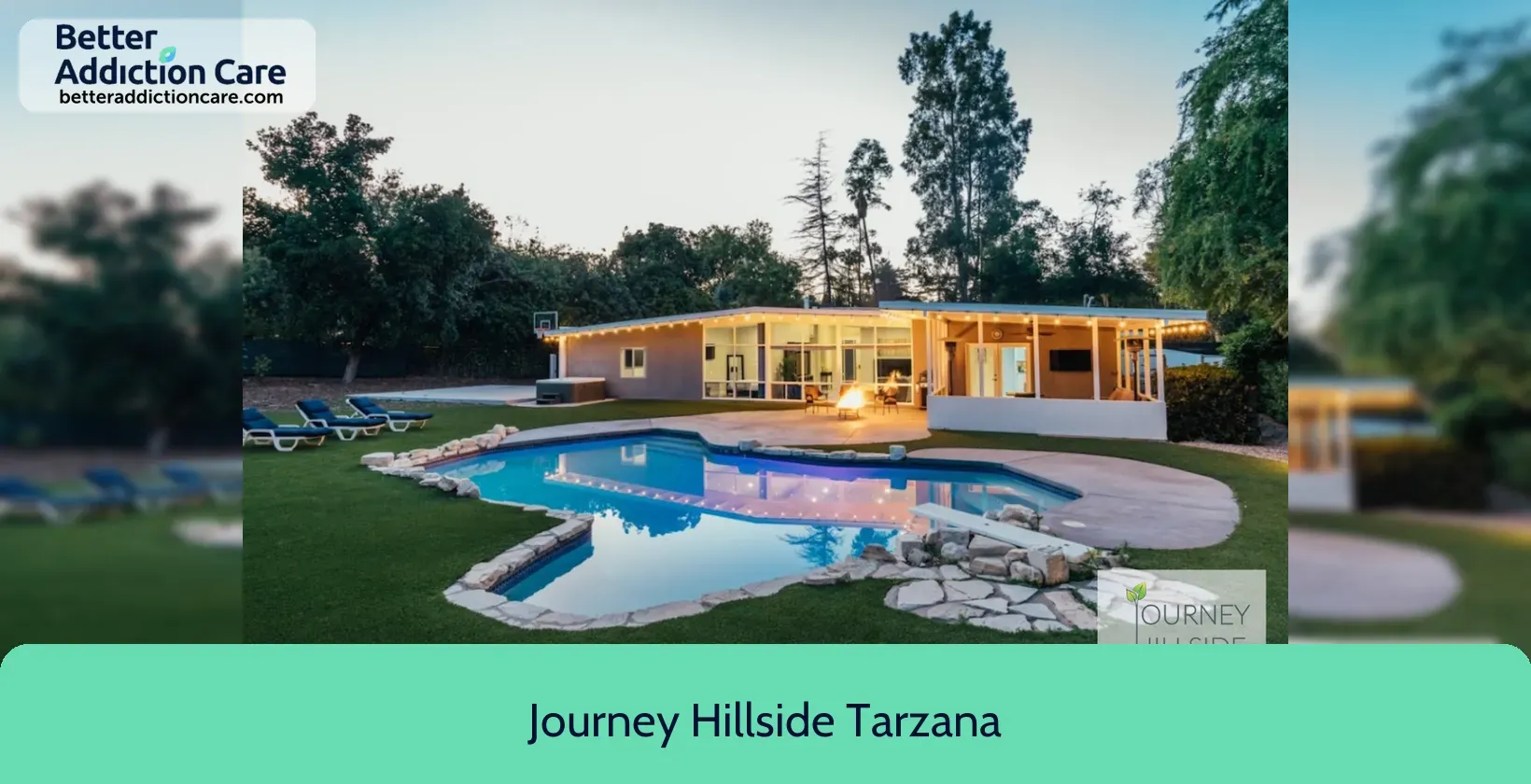
6.72
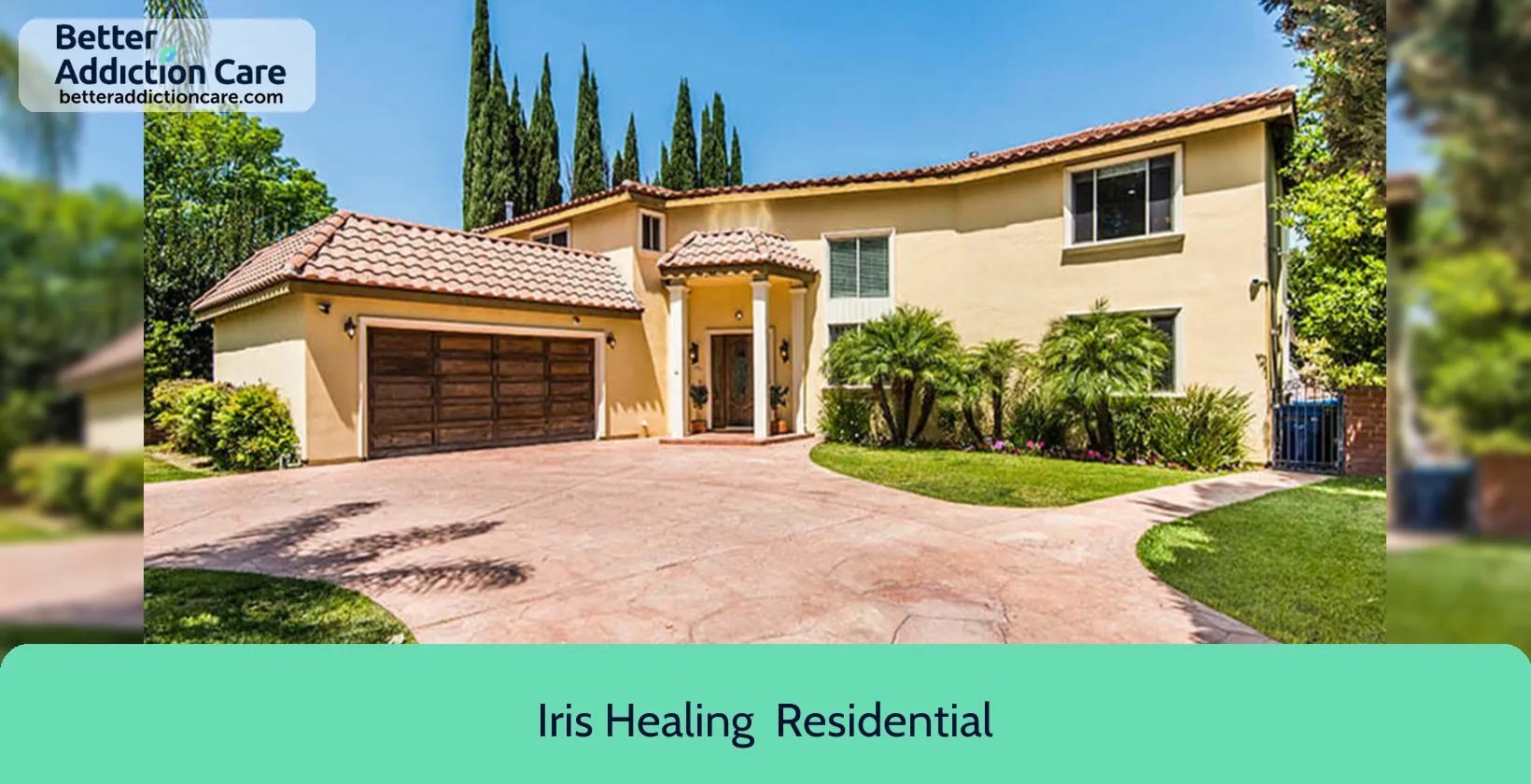
7.11
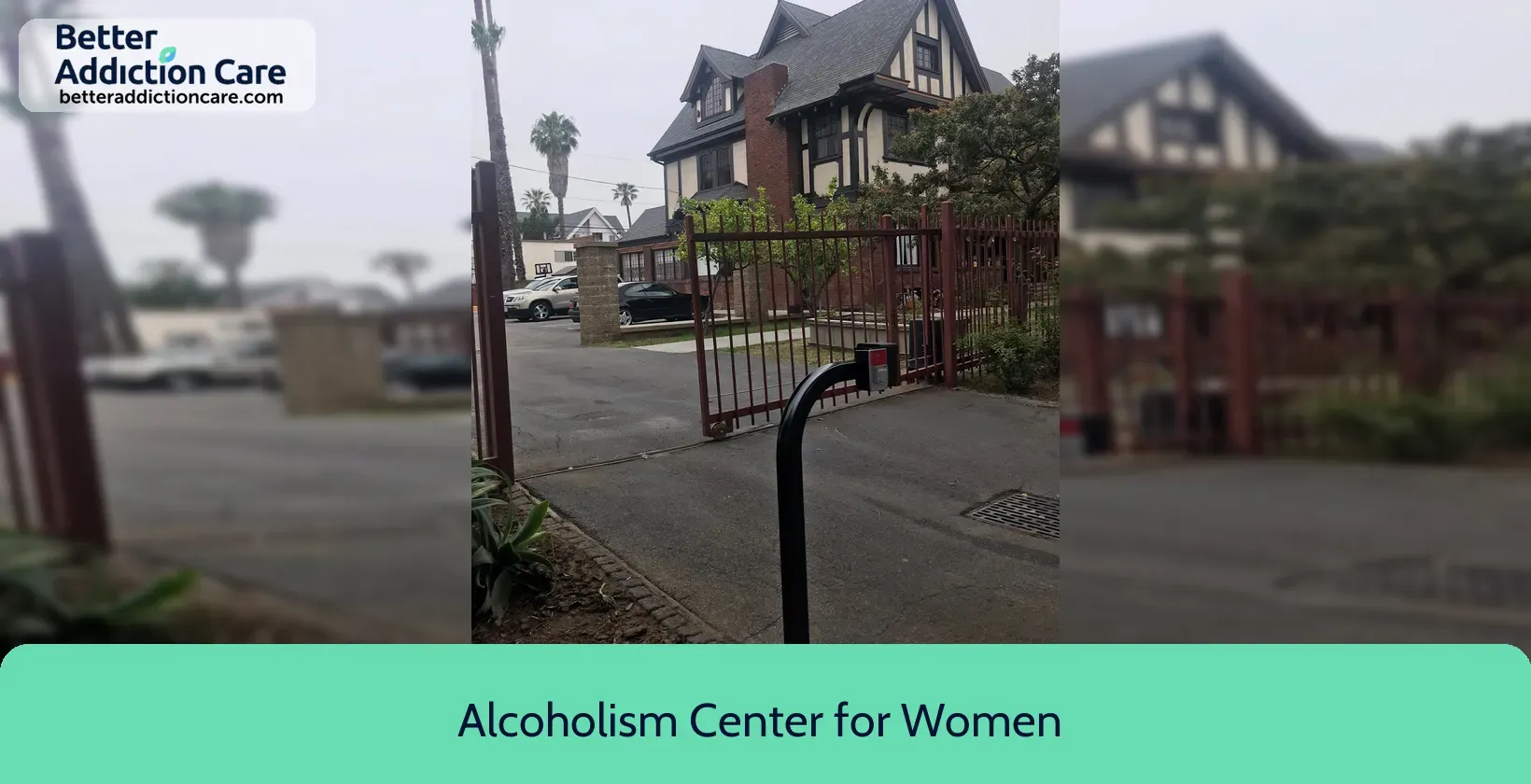
6.91
DISCLAIMER: The facility name, logo and brand are the property and registered trademarks of Alcoholism Center for Women - Outpatient Services, and are being used for identification and informational purposes only. Use of these names, logos and brands shall not imply endorsement. BetterAddictionCare.com is not affiliated with or sponsored by Alcoholism Center for Women - Outpatient Services.
